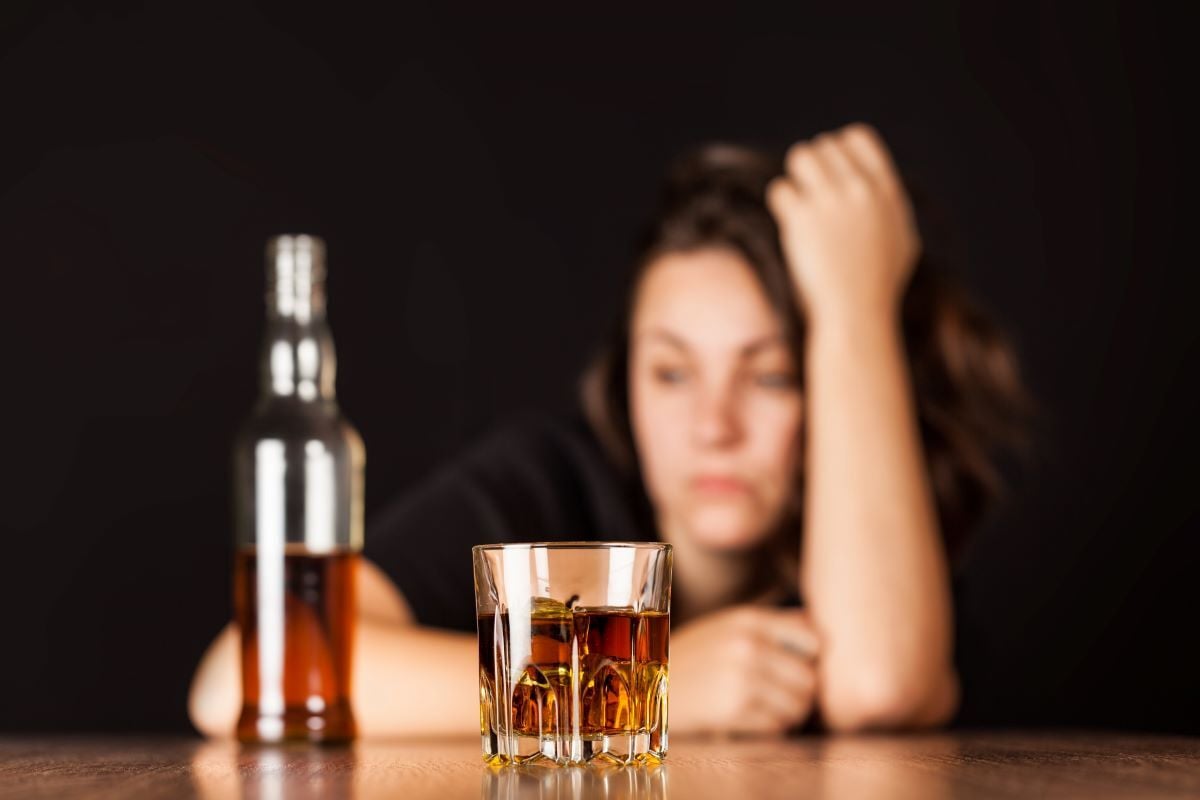When someone is battling alcohol addiction, quitting isn’t just about willpower. It’s a physical, emotional, and mental process—and for many, the journey to recovery is made safer and more manageable with the help of medication. While the idea of taking medication to treat alcohol use disorder (AUD) might sound surprising at first, it’s actually a well-researched, medically supported approach that can make a big difference. Understanding how these medications work, what they do, and who they’re for can empower addicts and their loved ones to make informed choices and find hope in the recovery process.
What is Alcoholism?

Alcoholism, also known as alcohol use disorder (AUD), is more than just drinking too much—it’s a chronic medical condition that affects how a person thinks about, uses, and reacts to alcohol. People struggling with alcoholism often find it difficult to control their drinking, even when it’s causing harm to their health, relationships, or responsibilities. It can look different from person to person—some may drink heavily every day, while others binge drink on occasion but still experience serious consequences.
At its core, alcoholism isn’t about weakness or lack of discipline; it’s a brain disorder that changes how the brain processes reward, motivation, and self-control. Over time, alcohol can hijack the brain’s normal functions, making it harder to stop drinking without help. The good news is that alcohol use disorder is treatable, and recovery is absolutely possible. With the right combination of support, therapy, and sometimes medication, many people go on to live full, healthy, and alcohol-free lives.

Alcohol Abuse Medications
For people looking to break free from alcohol addiction, medication can be a helpful part of the recovery journey. These medications don’t cure alcoholism, but they can make it easier to stop drinking by reducing cravings, lessening withdrawal symptoms, or blocking the effects of alcohol. There are several types of medications to stop drinking, and each works a little differently depending on a person’s needs. Some people benefit from a drug to stop drinking that helps them stay sober by making alcohol less appealing, while others may need support in the early stages of withdrawal. Used together with therapy and support, these medications can improve the chances of long-term recovery. It’s not a one-size-fits-all solution, but for many, it’s an important tool in taking back control of their lives.
Naltrexone for Alcohol Use Disorder

Naltrexone is one of the most commonly prescribed alcohol craving medications—and for good reason. It works by blocking the brain’s opioid receptors, which are involved in the feelings of pleasure and reward that alcohol can trigger. In simpler terms, drinking while on naltrexone just doesn’t feel as good. This helps reduce the urge to drink and makes it easier for people to stay in control.
Naltrexone comes in two forms: a daily pill or a once-monthly injection called Vivitrol. Some people prefer the injection because it takes the pressure off remembering to take a pill every day, while others are more comfortable with the oral version. It’s important to note that naltrexone isn’t a sedative or a replacement for alcohol—it’s a non-addictive medication that supports sobriety by changing how the brain responds to alcohol.
Other Medications to Quit Drinking
Some other helpful drugs to stop drinking include:
Acamprosate
Acamprosate helps the brain restore its natural balance after quitting alcohol. Long-term alcohol use can change brain chemistry, and acamprosate works to reduce the emotional and physical discomfort that often comes with early sobriety—things like anxiety, restlessness, and sleep problems. It doesn’t stop cravings directly, but it makes staying sober feel more manageable.
Disulfiram
Disulfiram takes a different approach. Instead of reducing cravings, it causes a very unpleasant reaction if alcohol is consumed—nausea, flushing, rapid heartbeat, and more. It acts as a strong deterrent, helping people avoid relapse by making drinking something they want to avoid at all costs. It's most effective for people who are already sober and highly motivated to stay that way.

Topiramate (Topamax)
Originally developed for seizures and migraines, topiramate is a medication to reduce alcohol cravings in some people. It may help decrease the pleasurable effects of alcohol and reduce the urge to drink. Though not FDA-approved specifically for alcohol use disorder, some doctors prescribe it off-label as part of a personalized treatment plan.
Gabapentin (Neurontin)
Gabapentin is another off-label option used to manage alcohol cravings and withdrawal symptoms, especially in the early stages of recovery. It can help with anxiety, insomnia, and discomfort that may otherwise trigger a relapse. It’s often used short-term while transitioning into longer-term recovery support.
Treating alcoholism goes far beyond just quitting drinking—it’s about healing the whole person. Effective treatment often includes a combination of medical detox, therapy, support groups, and sometimes medication to reduce cravings or prevent relapse. Medications like naltrexone, acamprosate, and others can be powerful tools in the fight against alcohol addiction—but they work best when combined with professional care and a strong support system.

Whether you're exploring a pill to stop drinking or looking for help navigating the emotional and physical challenges of sobriety, you don’t have to do it alone. At Avenues Recovery Center, we provide personalized treatment plans which address the whole person - mind, body, and spirit. If you or a loved one is ready to take the next step, reach out today. Recovery is possible, and we’re here to help you every step of the way.


